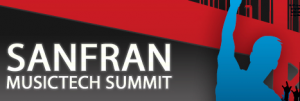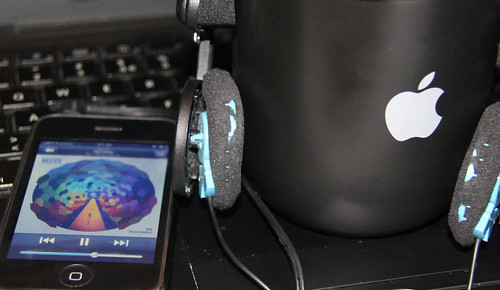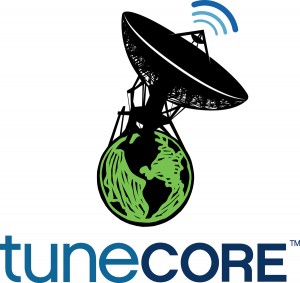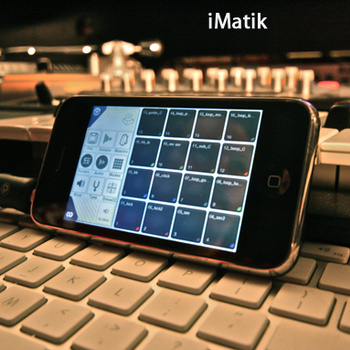With every passing SanFran Music Tech summit, the speaker list and the sponsor list look more and more like red carpet roll calls, and the schedule includes increasingly poignant panel topics. At past conferences, despite the rampant enthusiasm of attendees, there seemed to be an overhanging tone of uncertainty about the music industry. It was as if everyone was walking around being excited about all these crazy new technologies and possibilities and yet couldn’t quite relax because nobody really knew what direction things were going in. It seems like this may be starting to shift. Rob Pegoraro of The Washington Post points out that things could be worse.
As the possibilities of the future of music begin to emerge, one hot topic is the future of musical instruments. Roger Linn, Max Mathews, Ge Wang, John Chowning and Dave Wessel gave a fascinating demo of just what some of those possibilities might look like. Mashable asked what people thought about this. The comments are revealing in that they are a good example of some pretty strong sentiment on both sides of the argument (technology + instruments = good or bad?) .
TechDirt recognized one of the overarching themes of this summit to be the increasing irrelevance of the major record labels, with one clear indicator being that the room emptied out after the popular Ben Folds panel and no one really seemed to care about the next panel which was a “discussion between a guy at Warner Music Group and someone at Cisco about the “direct to fan” artist websites that Warner Music has set up using Cisco’s Eos platform.” They go on to point out one audience question during the “Music and Money” panel, which summed up the whole thing: “If the major labels are such a pain to work with, why work with them at all?”
In response to heightened consumer frustration, Live Nation‘s Noah Maffit told attendees, during the “Live and Online” panel, that Ticketmaster service fees must come down. Ticketmaster’s technology doesn’t warrant the hegemony it possesses over the ticket market, and the company — bought by LiveNation in 2009 — is on a mission to update it, according to David Downs of the East Bay Express. It’ll be interesting to see how they evolve moving forward, especially with fresh, young competition like Ticketfly at their heels.
Stephen Fortner of Keyboard Magazine summed up the summit well: “…it’s grown from a locals-only networking hang largely focused on social networks as they related to music delivery, to a fertile marketplace of ideas covering all aspects of the music business in the digital age–from instruments and production to marketing and distribution.”
Follow the real-time conversation about SF MusicTech on Collecta:
For more on the previous 5 summits:
SF MusicTech Summit 1: Rockstars, Lawyers, Nerds and Me
SF MusicTech Summit 2: Guestlist Wish, Artist Activism, and Label Survival
SF MusicTech Summit 3: Albums Die, Social Media Kicks Ass, Songs Find a Home
SF MusicTech Summit 4: Singalongs, Video Interviews, and Twitter Gossip
SF MusicTech Summit 5: Google Music, API Aficionados, and Pandorable Cars







